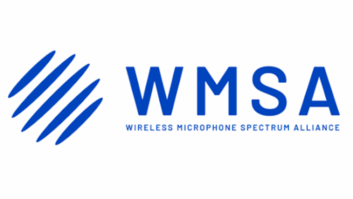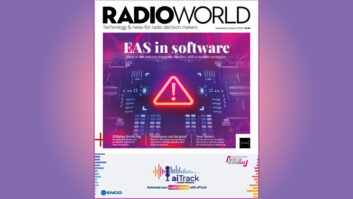
While the adoption of the new broadcast law in January 2014 ended 50 years of state monopoly for the television sector, it has changed little for commercial radio broadcasters, still nonexistent in Algeria.
According to Abdelmalek Hoyou, director general of the country’s national transmission service provider Telediffusion d’Algérie, the main broadcasting issue in Algeria is the lack of available frequencies for radio.
Hoyou, who has been in charge of TDA, for over 25 years, said “that the spectrum, which is property of the state, is fully occupied with 54 local and national public radio stations.”
With no space for commercial radio stations, he points out that “authorities are preparing a series of solutions to answer the issue of frequency shortcoming.”
One option, he says, “is to switch to DAB digital radio,” adding that the extinction of analog TV in Band III would enable the country to secure available frequencies for both public and commercial radio broadcasters through a multiplexing system. Another solution, he notes, would be the adoption of the Digital Radio Mondiale (DRM) standard, since DAB and DRM can be complementary.
“It’s clear that technological solutions for transmission and diffusion exist but reception difficulties and norms remain in force,” he said. “The existing Comité interministériel pour le numérique, the digital ministerial committee, should coordinate different actions and measures between all industry players to ensure a smooth transition from analog to digital and the availability of digital receivers in the country.”
— Laid Zaghlami







